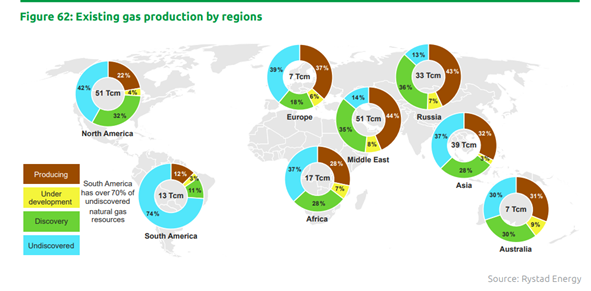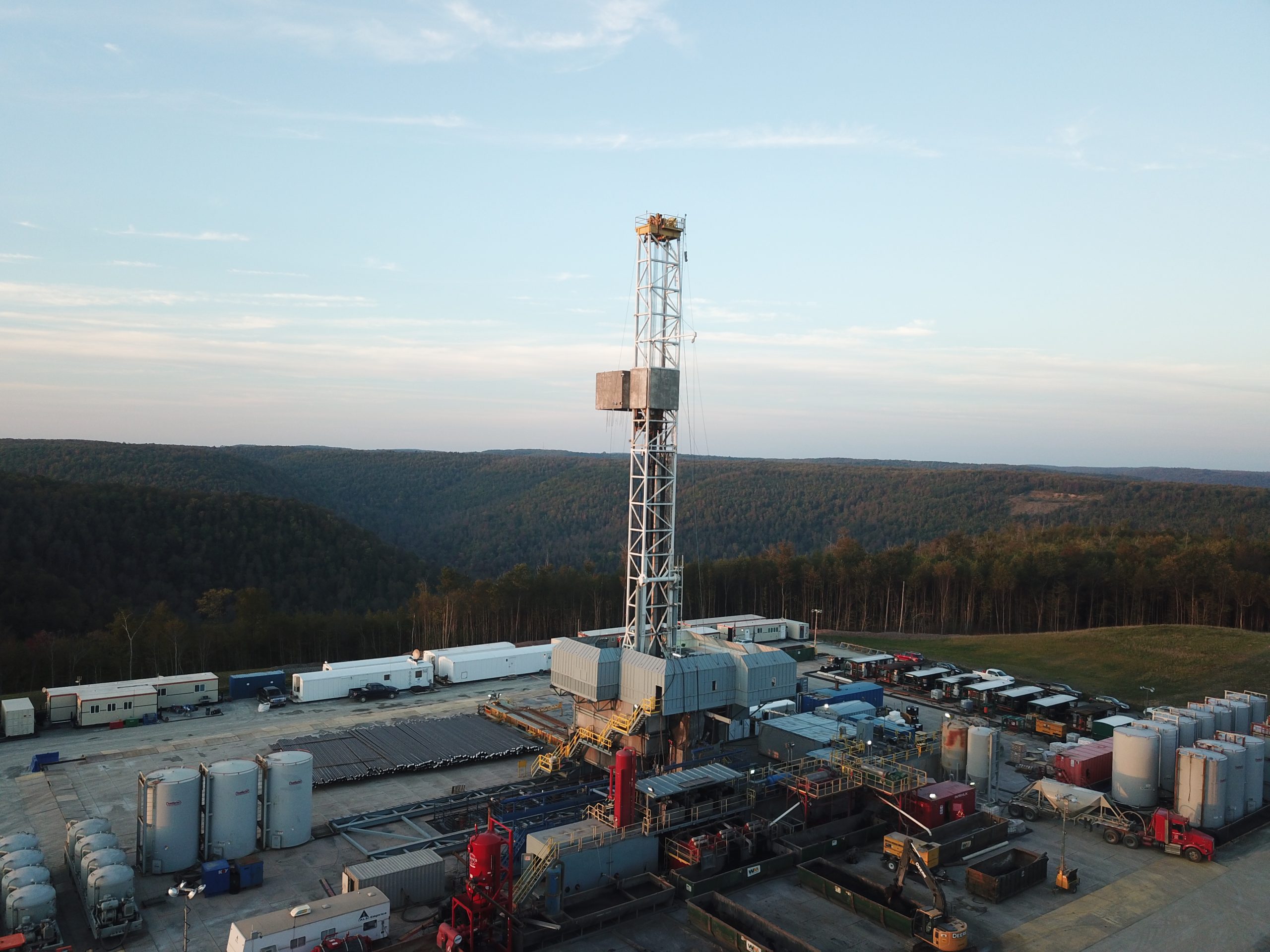Continued natural gas development and investments in the industry are vitally important to achieving decarbonization goals while keeping energy affordable and reliable across the globe, the International Gas Union (IGU) highlights in its latest Global Gas Report.
“Natural gas, low carbon and renewable gases play a pivotal role in decarbonizing energy systems around the world, helped by the adaptability of LNG infrastructure that delivers critically needed flexibility,” IGU analysts stated.
Global energy demand is expected to soar over the next decade, and recent macro-level events showcase the need for energy that is truly sustainable, secure and affordable. Natural gas effectively addresses this “energy trilemma” in a balanced manner.
Natural gas maintains equilibrium across the three pillars, the IGU analysts stress, because it enables sustainable industrialization in developing countries, leads to significant emission reductions, makes electric grids more resilient with growth of renewables, and fosters competitive industry decarbonization.
“Gas and its infrastructure serve as key flexible and dispatchable sources tackling long-term intermittency, enhancing the reliability of grids,” IGU wrote. That includes the buildout of LNG infrastructure to enhance cross-border energy access where pipelines don’t reach.
Natural gas not only underpins renewable energy, but hydrogen and CCUS technologies and other sustainable energy approaches many countries are attempting to implement.
The United States is well positioned to increase production from shale gas resources such as the Marcellus and Utica, IGU notes. Consistently recognized as the world’s most abundant and sustainable source of natural gas, operators in the Appalachian Basin are equipped to contribute significantly to this growing demand that will reduce energy poverty, improve our climate standing, support economic growth across the world, and enhance national security in America and abroad.
However, IGU notes added investment in this space is critical for the long-term growth and stability of energy markets. In fact, the U.S. is producing a mere sliver of its potential, according to the analysis. Rystad Energy research indicates North America is producing 22% of the 51 trillion cubic meters (tcm) – or 1.8 trillion cubic feet – of the natural gas estimated to be located here.

That is in part due to misguided policies advanced by extremists who fail to recognize (or choose to ignore) the opportunities natural gas provides.
The Mountain Valley Pipeline (MVP), intended to transport clean Appalachia natural gas to southeast U.S. consumers, was approved by an act of congress and signed into law by President Biden this past summer. The Supreme Court even weighed in saying congress acted appropriately under the law– and with national security in mind – when approving MVP’s completion. Yet as of this week, developers announced protests and lofty court battles are once again delaying its in service date. MVP is but one of many necessary pipeline projects that have been blocked or delayed in the past half dozen years.
It’s these type of blockades and bottlenecks that hold us back this basin and the country from reaching our resource-blessed potential and curtails access to an affordable, reliable and clean energy source.
“Pennsylvania can provide the affordable and reliable energy that our nation and the world needs but permitting red tape and overreaching courts are preventing the development of critical infrastructure to safely move more natural gas to consumers,” Marcellus Shale Coalition President David Callahan told the Center Square.
If we truly want to preserve our planet and better lives for future generations, the answer is clear: natural gas is the way.





